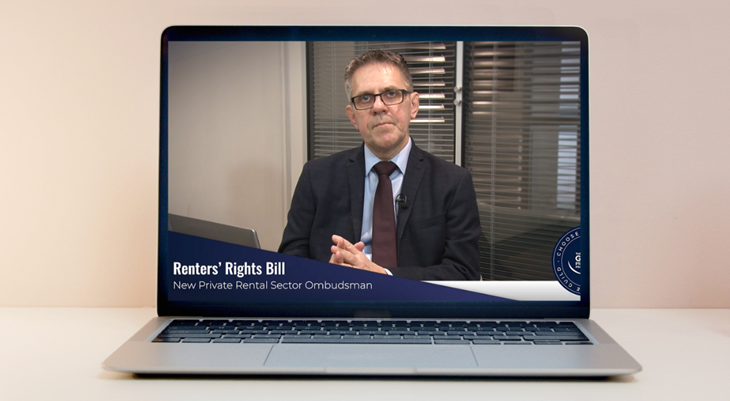A document reviewing process is essential for ongoing agency compliance
It is important for estate agents to have a process in place to check the documentation they receive at their office, in order to avoid potential claims. This is according to Paul Offley, Compliance Officer at The Guild of Property Professionals, who says that most agents are in the habit of checking identification documentation for Anti-Money Laundering (AML) purposes, but there are other types of documentation that also need to be checked and not just accepted and filed.
“Most agents will have a stringent process in place to ensure that they adhere to the requirements outlined with regards to AML but is the same level of checking applied to other documents, such as the property information questionnaires (PIQ). To exercise due diligence for consumer protection from unfair trade regulations, agents would issue some sort of property information questionnaire to sellers to complete. There are occasions when the seller would email or post this document back to the office. What sometimes happens is an agent will receive the document and tick off on their checklist that the PIQ has been returned by the seller, but they won’t actually read the document,” says Offley.
He notes that agents should be checking the PIQ document to see whether there is any information that needs to be challenged back to the seller, or if there is anything in the document that could be considered material disclosure and therefore needs to be brought to the attention of any interested party. “I would challenge agents to go back over the PIQ’s they received on their past few instructions to see whether there is any information that needed to be challenged or disclosed, or whether the documents were simply filed when received without going through some sort of checking process. If there is no process in place, important information could easily be overlooked,” Offley comments.
He adds that having a process in place will strengthen the agent’s due diligence and it will highlight any potential pieces of information that the agent was not initially made aware of when they first took on the instruction. This will reduce the probability of any buyer having a CPR claim against the agent.
According to Offley, another document that agents should check when they receive it is the energy performance certificate (EPC). “There have been cases where EPC assessors have put down the incorrect information, resulting the property being rated at the incorrect energy level. Again, how many times do agents get the EPC and tick it off their checklist without going through the details. It is important for agents to check that the information contained in the document is stated correctly and relates it to the right property. Has anything been missed or does the size of the property on the certificate match the floorplans?” he adds.
Offley says that another reason to check the EPC is to see what can be done to improve the property’s energy efficiency. “These days everyone is very conscience of the cost of energy and what they can do to improve their energy efficiency, so agents could potentially use the information as part of their sales pitch to potential buyers. It is all about making sure the information is read, understood and what can be done to improve the energy efficiency,” he comments.
In conclusion, Offley says the same level of due diligence should be applied to all important documentation received by the agent. Having a process in place where all documents received are reviewed will ensure that no vital information is missed, and the agent is protected against any potential claims.





